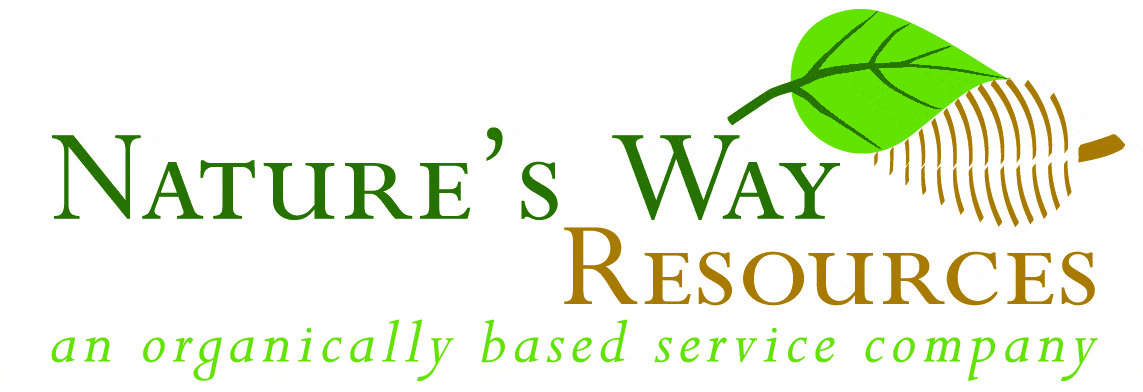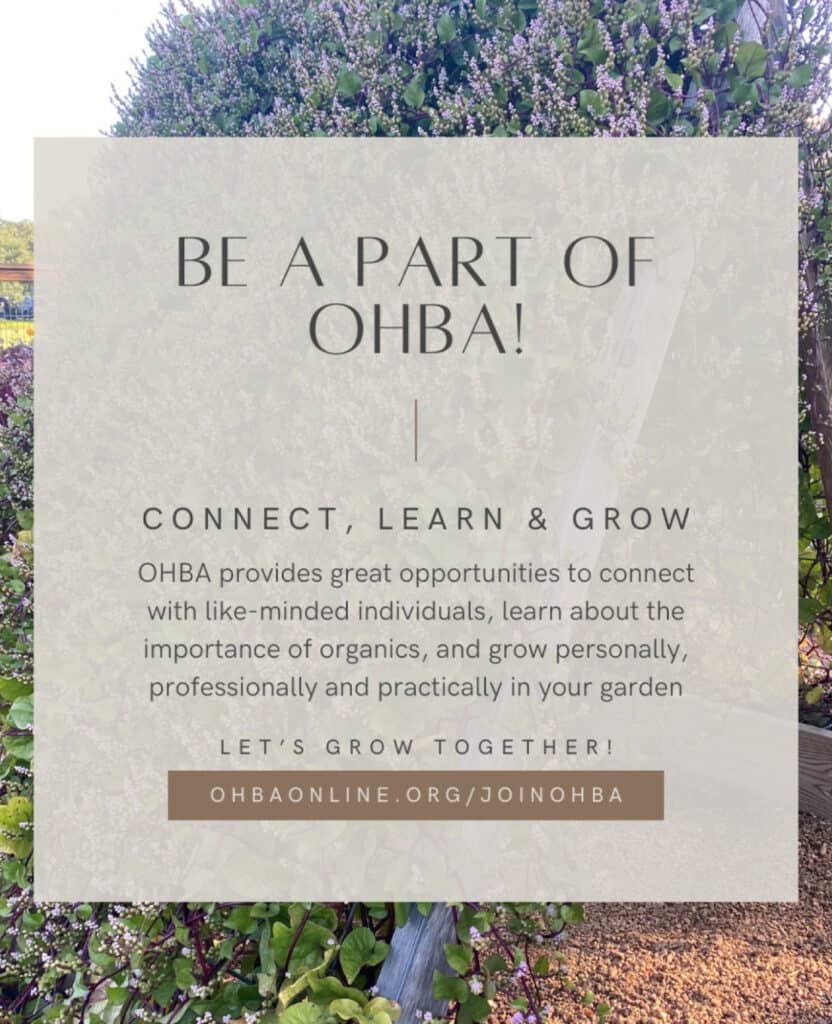John's Corner:
Xanthohumol & More
News from the Wonderful World of Soil & plants 42
By: John Ferguson
Xanthohumol, Maqui-Berry, Cilantro, Artificial Fertilizer, Tall Grass, Broiler Litter, Native Mulch, Ant Killing Fungus, Glyphosate and Autism, Mosanto And Bayer Merge
The March 2018 issue of Life Extension stated that a flavonoid from the Hops plant called xanthohumol, has been found in human studies to reduce chemically induced DNA damage in cells which may reduce one’s risk of cancer. Maybe this is why I enjoy a good dark beer. The study also found that chlorophyllin and watercress extract also reduce DNA damage. Plants cannot get out of the sun hence they develop ways of minimizing DNA damage to their cells.
Another plant that has been found to reduce after meal rises in glucose and insulin is the Maqui-Berry. It contains compounds known as delphinidins that lowers after meal blood glucose. Another plant compound that helps reduce after meal glucose surges is cloves as their extracts have been shown to be very effective.
The March 2018 issue of Life Extension has an article on Cilantro which is from the leaves and stems of the coriander plant (Coriandrum sativum). Cilantro is the Spanish name for coriander and is considered a Super Food. Cilantro helps relieve anxiety, helps the body eliminate heavy metals (lead, mercury, arsenic, etc.), helps prevent infections (the essential oil from cilantro is very effective against Listeria), helps regulate blood sugar and support healthy liver function which helps with diabetes. Along with herbs like parsley, cilantro is high in hyaluronic acid which lubricates our joints to keep them moving smoothly. Hyaluronic acid is also used to keep our skin soft and supple and is used in the treatment of osteoarthritis.
A new paper from ATTRA (National Center for Appropriate Technology) has found that artificial fertilizers not only shuts off the production of root exudates in plants, it also kills microbes through desiccation due to their high salt content.
Another ATTRA study found that tall grass amplifies the amount of plant sugars and proteins that are exuded to feed soil microbes, greatly increasing their population density and in turn more plant nutrients are collected and provided to the plant. This one of the reasons that people whom cut their St. Augustine grass short 2-3 inches have more weeds and disease problems and require more water than those whom cut the grass at 4-5 inches tall.
For years broiler litter (poultry manure) has been used as a fertilizer. A study published in The Journal Of Environmental Quality (March 2018) has found the amount of arsenic (As) in run-off was 6X greater in test plots when boiler was used as a fertilizer. Repeated applications of broiler litter increased the amount of arsenic as expected. They also found that broiler litter was a significant source of boron, copper, iron, manganese, sodium, and zinc in addition to the arsenic, all of which can harm plants if there is too much as one would get from repeated applications.
A study in the Soil Science of America Journal (February 2018) found that using chipped branches as a mulch was an effective practice to reduce surface runoff and to control soil water erosion. The amount of erosion was reduced by up to 98.6% as compared to cleared but un-mulched ground or bare ground. Note: What the researchers called chipped branches are called “Native Mulch” in gardening and horticulture.
A study in the publication Science on ants found that worker ants could sense if a ant pupae was infected with the ant killing fungus (Metarhizium brunneum). They then proceeded to rip the pupae apart and cover it with formic acid that they produce killing the fungus.
A senior researcher at MIT stated that at the current rate of increase, that half (50%) of the children born in 2025 will be autistic. This trend is closely correlated with the increase use of glyphosate (Round-Up) and eating GMO crops. Note: On a recent study by the USDA that tested pesticide residues on food, they found acceptable levels of poisons. However, they did not even test for the most extensively used pesticide, glyphosate. Talk about FALSE news!
Copied from The Center for Food Safety:
By now you’ve seen the ominous headlines: The U.S. Department of Justice (DOJ) just approved the merger of two chemical corporate giants, Monsanto and Bayer. With Bayer buying out Monsanto for $62.5 billion, this is the largest all-cash buy-out in history.
Why is this deal so dangerous?
This megamerger and others by transnational chemical companies signify an even greater effort to promote and push pesticide-dependent GMO crops around the world, and ever greater amounts of toxic pesticides on the market and in our food.
But the problems don’t stop there. The new chemical giant, Monsanto/Bayer, will own about 1/3 of all the world’s commercial seeds. They will have a virtual lock on vegetable seeds, own 3/4 of corn seeds and almost the same percentage of cotton seeds. Now only 10 companies own 73% of the entire world’s commercial seed supply.
This monopoly on seeds means that Monsanto/Bayer and these other megacorporations can raise the prices of seeds at will, wreaking havoc on farm communities in the US and internationally. Moreover, Monsanto/Bayer gets to decide which seeds to make available to farmers, gardeners and the public. And since these corporations sell pesticides in addition to seeds, they will try to provide and promote only genetically engineered (GE) seeds to farmers, seeds designed to use Monsanto/Bayer brand pesticides, and make it difficult to find and purchase non-GE and organic seeds.
The result? Monsanto/Bayer controls our food supply! And because it’s pushing GE crops, this monopoly creates a massive reduction in seed diversity and availability of seeds around the world. This is especially tragic because we desperately need that seed diversity to have food security, decrease hunger, and deal with the changing agricultural conditions created by climate change.
What you can do?
In addition to fighting the spread of GE crops in court, CFS is taking back control of the world’s seed diversity and giving the power back to you, the people. CFS has created a unique peer-to-peer online network for sharing seeds with the ultimate goal of creating a non-corporate, independent, and diverse seed supply. This will undercut the Monsanto/Bayer seed monopoly and empower independent farmers and home gardeners to be protectors of the world’s seed diversity instead.
CFS’s Global Seed Network is the first-ever free, peer-to-peer seed sharing website that connects and unites seed savers from around the world with the goal of breaking up the corporate seed monopoly and establishing an independent, diverse seed supply.
CFS’ Global Seed Network allows users to create a profile and share seeds with other independent farmers and gardeners around the world. It also includes resources like a school curriculum, listings of local seed swaps, seed saving tips, and an online discussion forum for people to share questions and information about seeds.
Join and support CFS’s Global Seed Network today and become part of the seed revolution!
Let’s work together to fight the seed monoculture promoted by Monsanto/Bayer and create an independent, diverse seed supply for future generations.
https://www.globalseednetwork.org/index.php

